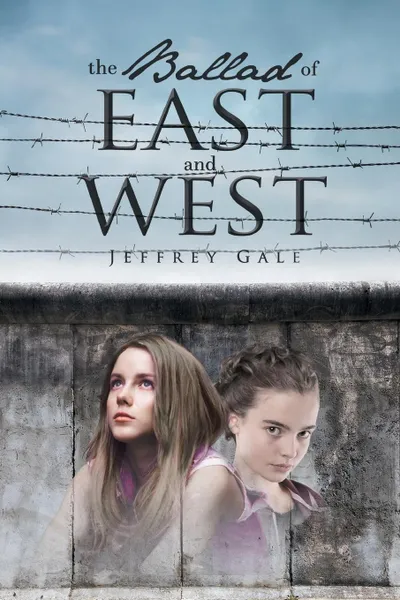The Ballad Of East And West 12+
🔖 In the fall of 1983, the events in the Old Country spoke against the joyfulness of the Jewish festivals. From Stettin in the Baltic to Trieste in the Adriatic, the Iron Curtain, remained in force across the continent of Europe. The Berlin Wall, the most striking symbol of the Cold War, was very much in place. Under the iron-fist leadership of Yuri Andropov, the Soviet Union remained a police state that denied basic civil liberties and crushed all opposition to the Marxist-Leninist worldview.The Soviet government was bearing down hard upon the Jewish population. Jewish and Hebrew learning was rigorously suppressed. Books were confiscated. Hebrew teachers and other dissidents were sent to prisons and labor camps. Jewish immigration to Israel was reduced to a trickle. Refuseniks, Soviet Jews who applied for exit visas and were denied, were regularly dismissed from important, academic positions and were forced to take on menial jobs and live in abject poverty. Beginning in the fall of 1983, Rabbi Isaac Levin's congregation adopted a refusenik family. From that time onward, he embarked upon an adventure that would change the course of his rabbinate. The Ballad of East and West is a story about the power of the human spirit in combatting religious persecution. Set during the period of the Cold War, it affirms love and understanding in an age of distrust and bigotry.
Мнения
